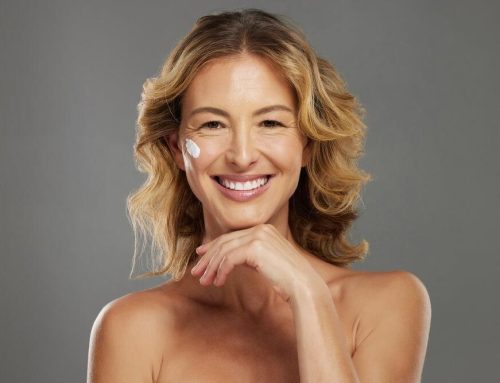Your skin is the largest organ of your body, and it’s your body’s first defense against the environment. It performs more functions overall than any other organ, and this is why it’s important not to ever overlook taking proper care of your skin for numerous reasons in aiding the proper function of your entire body. The following are some of your skin’s more important responsibilities and how you can give your skin a fighting chance at succeeding.
Your Natural Protectant
Your Body’s Vigilant Protector: Your skin is your body’s barrier against environmental elements that might be harmful, such as germs and UV radiation. Potential infection carried by bacterial penetration of our skin is thwarted by our skin’s acid mantle. Our bodies produce melanin in an effort to protect us from UV radiation.
How You Can Help
In cleansing your skin, stick to products containing the most gentle surfactants, or even better–those that contain none at all. Keep your skin moisturized daily, to ensure your skin’s acid mantle stays uncompromised in its work as a protective barrier. Every single day, apply a broad spectrum sunscreen of 30 SPF–not only to prevent skin cancer, but also to prevent UV radiation from aging your skin.
The Skin’s Task as Your Body’s Raincoat
The naturally occurring process of your skin’s surface acts as a water repellent for your body. At the same time, the important water absorption and retention of your skin’s surface is in a very delicate balance, and while, without enough externally introduced, the water contained in your skin would evaporate, leaving the cells to simply die. The outside layer of your skin–the stratum corneum–consists of keratin, and keratin is more fully supported by oils than by water alone.
How You Can Help
During the process of bathing, your skin’s ability to act as your body’s water barrier covering is temporarily compromised, and even more so with the implementation of soaps and other oil-removing cleansers. You’ll notice this in the resulting tightness of your after-bath skin, once your skin has fully dried. By applying oil to your still-damp skin, the moisture will be locked in, where it’s needed.
Your Skin, the Sponge
Your skin can be highly absorbent, depending on the exact formulation of substances with which it comes in contact. While the stratum corneum’s purpose is to repel water, there are numerous substances that it will immediately absorb oily ingredients when they’re small enough to slip between the skin’s cells. This process is known as subcutaneous absorption, and depends on how various formulation components interact with the skin’s keratinous semi-permeable membrane. While not every environmental or applied substance to your skin will invade, many can–both healthful and harmful.
How You Can Help
By thoroughly reading the list of ingredients–and understanding how they affect your skin–contained in anything you apply to your skin, you can effectively regulate the good or bad effects potential of each. Sadly, mostly due to such relaxed FDA regulations on skincare products, not all ingredients in these are without harmful effects. Look for organic products containing all natural ingredients. Try to include products that contain plant-based antioxidant and anti-inflammatory ingredients. When applied immediately after cleansing with warm water, the products will be their most beneficial as the skin’s absorption will be increased from momentary swelling in response to the warmth of the water.






Leave A Comment